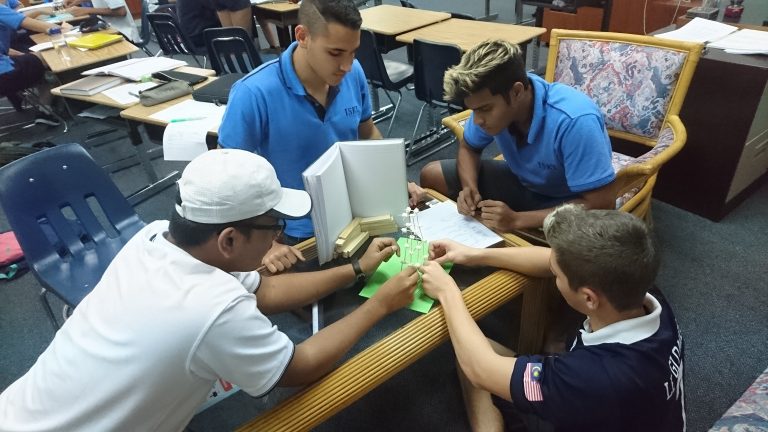
An educational philosophy is something that directs and provides meaning to the actions and decisions for those who have chosen to make education as their vocation in life. Please feel free to further explore the three major principles of my educational philosophy below.
Alan Watts Explains Simply What Education Should Really Be All About:

1. Education That Makes A Difference Must Be Holistic
Click Here To Learn More
The term holistic can be summarized as believing ‘the parts of something are intimately interconnected and explicable only by reference to the whole.’ Speaking from personal experience of having to grow a lot as a younger learner, effective education means considering all habits, values and self-esteems' of all student learners. Pulitzer-Prize winning American journalist Charles Duhigg further explains the importance of habit building in his work "The Power of Habit." In short, quite often success in life can be shaped more by habit than by intelligence. Jocko Willink, retired Navy Seal Commander, clearly explains the importance of values in his work "Extreme Ownership." The only way he could lead his team through combat situations in Iraq was by having values that earned his team's trust. In these two major figures alone, it is evident that schools must not only teach students course content, but how to learn, how to handle adversity and how to think for themselves to solve the real world problems they will most certainly face in their futures.

2. Education Must Have A Purpose To Be Beneficial
Click Here To Learn More
Students often ask, “Will this be on the test?” but I suggest that instead they should be asking “Why does this matter?” Our world is currently facing dire circumstances, be it through political turmoil, ecological endangerment or economic uncertainty. All of these dangers and more lead us to one simple truth, the only way for us to overcome these dangers is for humanity to evolve. Education is therefore an indispensable part of this needed evolution. With an educational system that empowers students with purpose, we will begin to see what a positive force for this world we can in fact be. While I am motivated by this understanding, it is paramount for students to also understand their role. Once students comprehend that they can better themselves and their community by increasing their level of education, student motivation for learning then enters the picture. As Daniel Pink explains in his work “Drive,” we all perform much better when we are driven by a sense of clear purpose. Linking together the needs of our world with the role of learning in the classroom, education boils down its core purpose: empowerment of the next generation to unlock their potential for the betterment of all.

3. Teachers Decide How Engaging Classroom Learning Will Be
Click Here To Learn More
If learning and teaching can be fun, then why not make it so? Since students and teachers are going to be spending a lot of time in a classroom, we might as well make the best of it. As I often share with colleagues, a teacher shouldn’t focus so much on classroom management, but instead, on classroom engagement. One method of achieving this ideal is with the practice of Problem Based Learning (PBL). I have found that providing students with opportunities to apply what they have learned supports them to not only master major concepts, but also create a worthwhile challenge. One example of PBL has been my Business Management classes creating their own school-site businesses, competing to make the most profit to then donate to charity. The students not only scored higher on their IB exams than previous years, but they also got to take their first exciting steps in the world of business. Learning can be designed to be tedious, or we as teachers plan lessons to be both engaging and enjoyable. Once teachers become aware of this choice, it's not really a choice anymore.